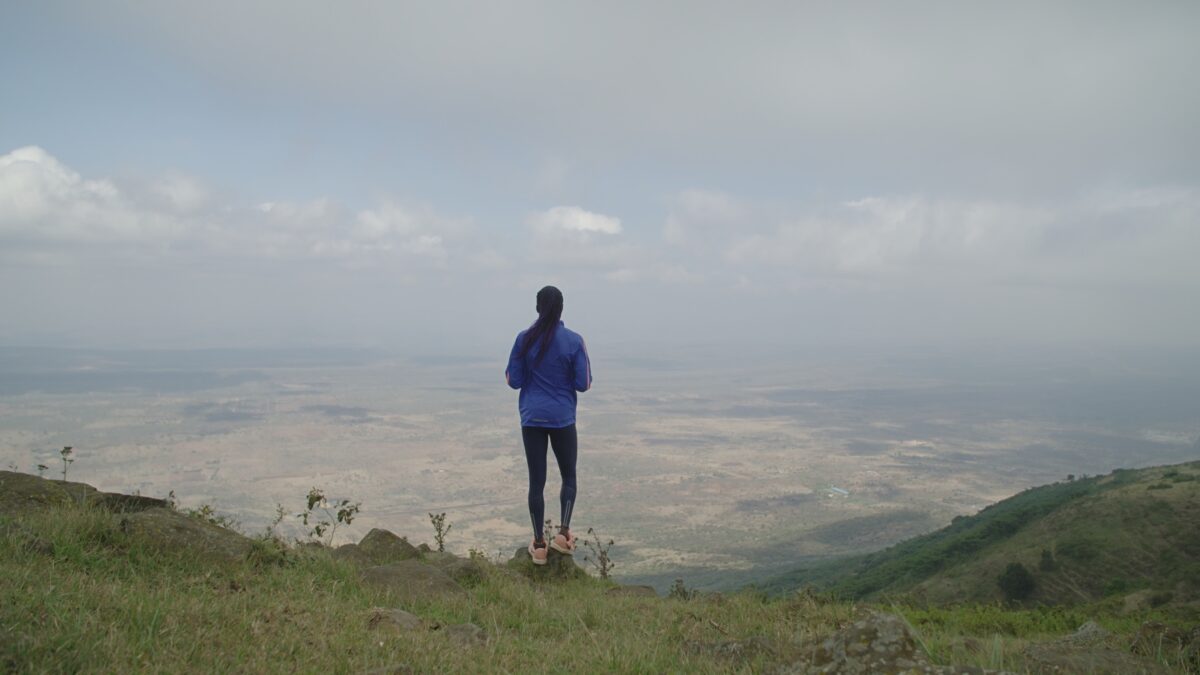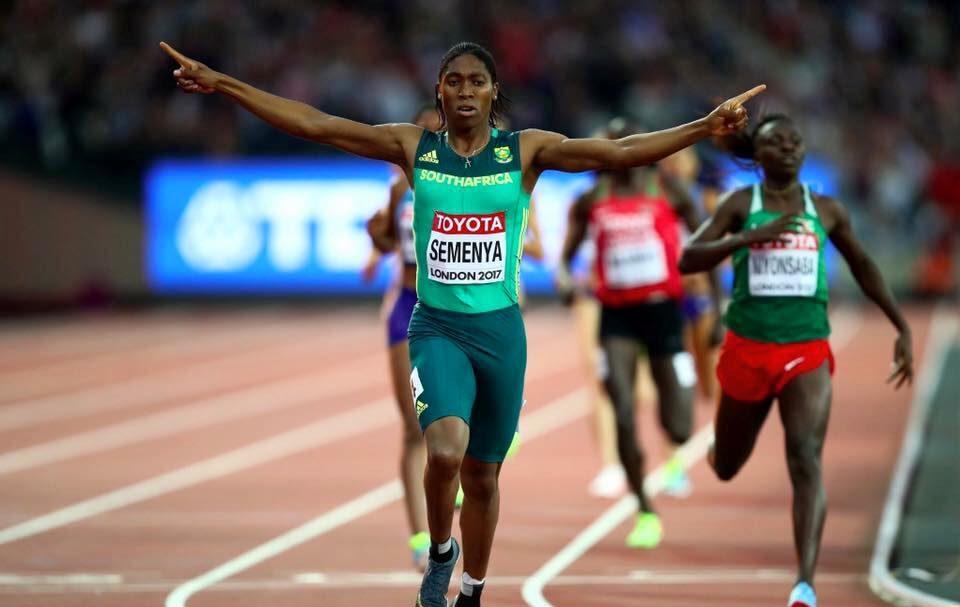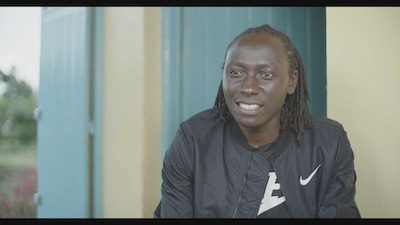“Category: Woman” exposes sex-testing in track and field
The Canadian film by Olympian Phyllis Webb, which looks at the issue of DSD athletes through a human rights lens, airs on TVOntario Wednesday evening at 9 p.m. E.T.

International Women’s Day is a time to celebrate women’s advancements in all fields, including sports. But it’s also a day to draw attention to the injustices that women still suffer. Category: Woman, the 2022 documentary that calls attention to the treatment of female track and field athletes born with naturally high testosterone, will have its world broadcast premiere on TVOntario on Wednesday evening at 9 p.m. E.T.
The film, which follows several female athletes with 46-XY DSD (differences in sexual development, also referred to as hyperandrogenism), who have been shut out of their preferred racing distances because their natural testosterone levels are deemed too high for women athletes.

The best-known athlete in this situation is Caster Semenya, the 2016 Olympic gold medallist in the 800 metres, who, along with several other athletes with the same condition, was subjected to repeated sex tests and her private medical records leaked to the public. Semenya and others like her were told that if they wanted to race any distance between 400m and the mile, they would have to artificially lower their natural testosterone with medication to an arbitrary limit that has changed several times since Semenya first came on the scene in 2009. (The maximum deemed acceptable by World Athletics is in the process of being lowered from 5 nanomoles per litre to 2.5 nmol/l.)
Semenya repeatedly refused to consider medically lowering her testosterone; she was selected for the South African team in the 5,000m at the world championships in 2022, but did not advance to the final.

The film follows four athletes in similar situations to Semenya’s: sprinter Dutee Chand of India, 27 (who won her case against the World Athletics in 2015, before stricter rules were brought in), 400m runner Evangeline Makena (25) and 2016 Olympic bronze 800m medallist Margaret Wambui of Kenya, 27 (who hasn’t raced internationally since 2019) and former world U20 bronze medallist Anett Negesa of Uganda (30). All are from the Global South, and the film calls out World Athletics’ treatment of them as racist, misogynist and violating their human rights.
In a 2021 interview with the BBC, Wambui called for World Athletics to create a special category for DSD athletes, if they are not to be allowed to race against non-DSD women, but World Athletics has never seriously considered this option.

Category: Woman rightly draws attention to the great injustice suffered by these athletes, but it was made before one athlete affected by the DSD rules, 2016 Olympic 800m silver medallist Francine Niyonsaba of Burundi (29), found considerable success in moving up to the 5,000m and 10,000m. After being disqualified from the 5,000m at Tokyo 2020 for a supposed lane infraction, she went on to win a slew of Diamond League titles in 2021 and 2022, and set a world best in the 2,000m.
Category: Woman was written and directed by Canadian Olympian Phyllis Webb.


